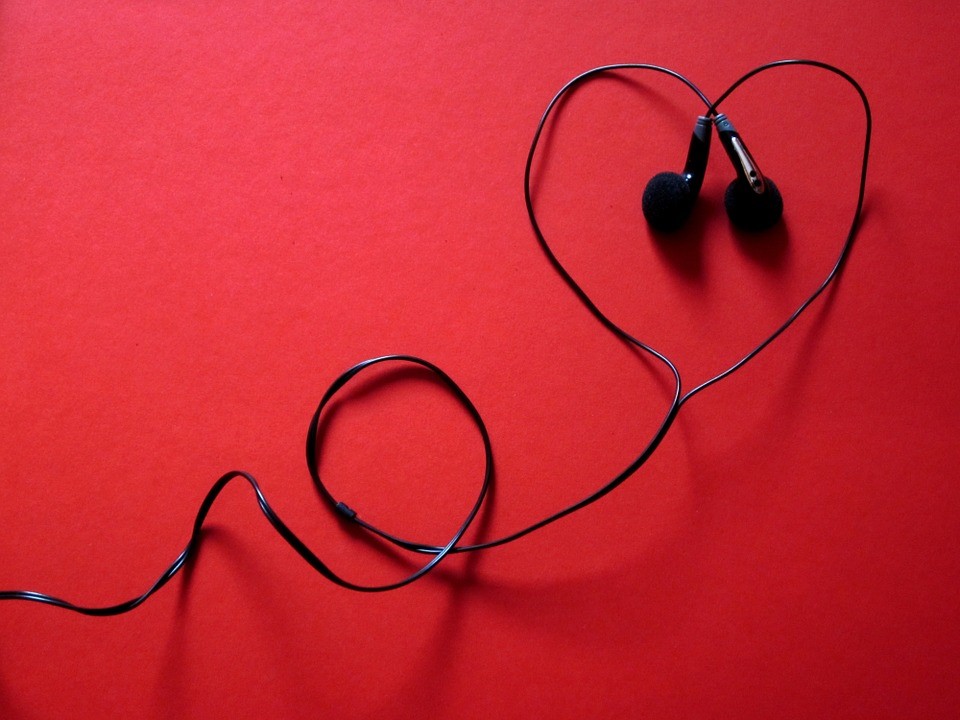
By Heather Hamilton, contributing writer
In a modern-day “video-killed-the-radio-star” situation, the MP3 has been officially pronounced dead. The Fraunhofer Institute for Integrated Circuits, a division of a German research institution that funded the development of the MP3 in the late 80s, made it official with the announcement that the licensing program for certain MP3-related patents had expired.
But consumers are not to be without their music — so what lies ahead?
If you have a device that uses MP3s, it isn’t going to spontaneously combust. It’s going to remain usable, but slowly, support for those devices will fade out and leave us with only the memories of a file format that made music accessible for a generation.
Not to worry, though: In an interview with NPR, division director, Bernhard Grill, said that another audio format will soon be taking over. AAC, or Advanced Audio Coding, was also created by the Fraunhofer Institute and is, according to Grill, the de facto standard for music download and videos on mobile phones. Grill said that AAC is more efficient and offers more functionality than MP3s, meaning higher sound quality in equal or smaller disk space.
While Lifewire reports that many think that AAC is a proprietary Apple format, it is not. According to Lifewire, it was developed by a group of companies that include AT&T Bell Labs, Dolby, Sony, and Nokia. The file format is compatible with a variety of non-Apple products and is a lossy format that removes data not impacting the listening experience. This means that it does not sound exactly like CD files.
AAC is the default setting when putting CDs into iTunes now, and there are other promising technologies on the horizon or even available, though they take up a lot of hard drive space. Ultimately, the death of the MP3 matters very little because it is rarely used anyway. There’s simply better sound quality to be had, thanks in part to advances in psychoacoustic research and the quality of equipment used to listen to music. NPR says that MP3 developers didn’t have all of the information regarding how the human brain processes sonic information, which meant that the MP3 operated under a false assumption of how holistically we might hear.
Gizmodo doesn’t think that there’s any room for a nostalgic resurgence a la vinyl or cassette, in part because the MP3’s audio quality is so low. They point to research that “suggests that the MP3’s compression reinforces perceived negative emotional characteristics in musical instruments to the detriment of positive emotional characteristics.”
New audio formats address these inadequacies — high-resolution streaming is more expensive than a service like Spotify but promises better sound quality. While none of these services have taken off, there’s promise there — and isn’t that what music is all about?
Sources: The Fraunhofer Institute for Integrated Circuits, NPR, Gizmodo
Image Source: Pixabay
Advertisement
Learn more about Electronic Products Magazine





